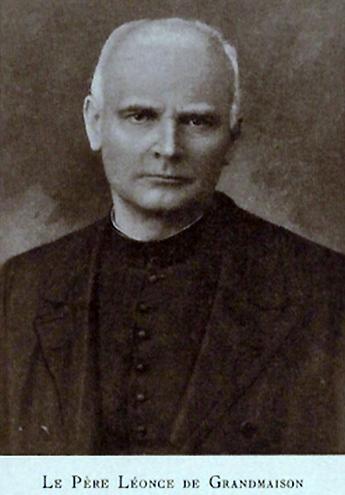I think I can say with truth that I have now no desire or wish except His. I have told Him that He may do just as He pleases with me, and take all, even my life. This has brought me great peace and a sense of great security in the midst of danger, since I know I am in His hands.
COMMENT: Fr Doyle wrote these words in April 1916. He had just 16 months left to live. To have no wish except to do the will of God is generally indicative of a very high degree of sanctity and is somewhat akin to the very advanced stage of the spiritual life called the unitive way. The Catholic Encyclopedia describes the unitive way in these terms:
The unitive way is the way of those who are in the state of the perfect, that is, those who have their minds so drawn away from all temporal things that they enjoy great peace, who are neither agitated by various desires nor moved by any great extent by passion, and who have their minds chiefly fixed on God and their attention turned, either always or very frequently, to Him. It is the union with God by love and the actual experience and exercise of that love. It is called the state of “perfect charity”, because souls who have reached that state are ever prompt in the exercise of charity by loving God habitually and by frequent and efficacious acts of that Divine virtue. It is called the “unitive” way because it is by that the soul is united to God, and the more perfect the charity, the closer and more intimate is the union…Souls thus united to God are penetrated by the highest motives of the theological and moral virtues. In every circumstance of their lives the supernatural motive which ought to guide their actions is ever present to their mind, and the actions are performed under its inspiration with a force of will which makes their accomplishment easy and even delightful.
It is very far beyond my competence to comment further on such advanced matters in ascetical theology. However, I will instead refer to the famous French Jesuit writer and theologian Fr de Grandmaison:
We must unhesitatingly say that the life of Fr Doyle was that of a great mystic, as indeed it seems to have been that of a saint.
There are some lessons today for those of us who struggle with our own mediocrity.
In the first instance, barring a miracle, such holiness is not acquired in a short time frame – it is the result of struggle and co-operation with God’s grace over many years. The remarkable thing about Fr Doyle’s life is that this struggle is laid bare before us in his diaries and notes. Fr Doyle was not necessarily a great theologian of the spiritual life, but he was an expert tactician of the spiritual life. His diaries reveal his numerous attempts to go against himself and empty himself of self-love so that God’s grace could more readily sanctify him. While it would not be recommended for most of us to follow Fr Doyle’s particular spiritual tactics, nonetheless the general principle of daily examination and slow steady efforts towards virtue hold true for us all.
The second lesson is the great serenity and peace that Fr Doyle felt even in the midst of grave dangers. Often we can be afraid to let go of our own will and to abandon ourselves to God. Fr Doyle’s witness shows us that we find great peace, the greatest gift of all, even in objectively horrific human circumstances.

Jesuit theologian Fr de Grandmaison
